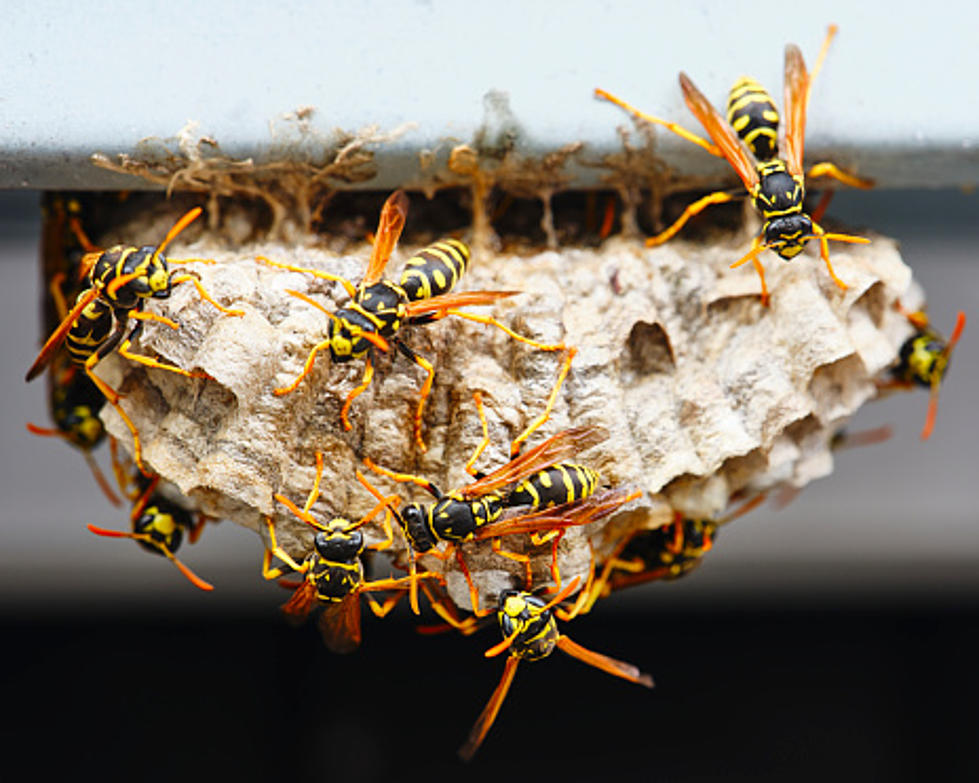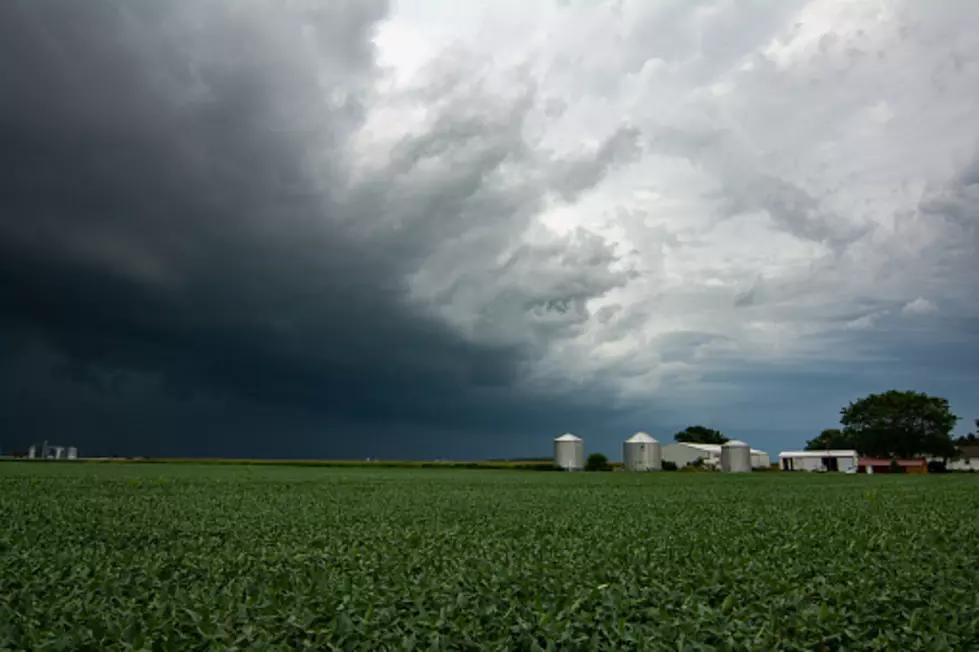
“Snow Fleas” Are Showing Up In Rockford Area Yards (Like Mine)
I often see posts on social media that begin with something like this: "TIL that..." For those who don't know, the letters T-I-L mean "Today I Learned." Well, YIL (yesterday I learned) about snow fleas. Because they're in my backyard, and probably yours, too.
I got home yesterday to find my wife buzzing about a backyard discovery. Having two Weimaraners, I assumed that discovery involved either prodigious amounts of poop, or the mutilated remains of some animal that stupidly chose a Weimaraner habitat for a campsite.
"No," she said, shaking her head. "It's not poop or corpses. We've got snow fleas." She then took my hand and dragged me into the backyard, over by the fence, for a look:
On first glance, I thought that our recent spate of cloudy, gloomy weather had caused my sunshine-loving spouse to hallucinate, because, to me, it just looked like some dirt specks lying on top of the snow. But after being encouraged to take a closer look, I discovered that the dirt specks were moving.
Of course we had to grab some video:
So, you're saying, what the hell is a snow flea? Okay, maybe you're not saying that, but that's exactly what I asked. That, and do they bite? Are they gonna get all over the dogs? Isn't flea and tick season still a few months away?
So, off to the internet we went to figure this out.
ThoughtCo.com had the answers we were looking for. For starters, snow fleas aren't actually fleas at all. The ThoughtCo.com piece explains that snow fleas are:
Like spiders, scorpions, horseshoe crabs, and katydids, snow fleas are actually arthropods—specifically of the springtail variety.
Snow fleas spend most of their time at ground level, and they're really good for your lawn. They chow down on, and break down, organic materials even in winter.
The Farmer's Almanac says that these little guys even have a pretty cool super-power. They won't freeze no matter how cold it may get.
This is because snow fleas produce their own type of antifreeze, a protein that is rich in the amino acid glycine. Glycine prevents the formation and enlargement of ice crystals, enabling these creatures to keep on munching organic materials despite the bitter cold.
The Farmer's Almanac piece goes on to explain that the reason you'll see them on warmer winter days is because they're coming to the surface looking for additional food sources.
Bottom line, there's nothing to freak out over. Snow fleas don't bite, they don't carry diseases, they won't kill your plants, and they help your backyard environment.
LOOK: See the iconic cars that debuted the year you were born
More From WROK 1440 AM / 96.1 FM









